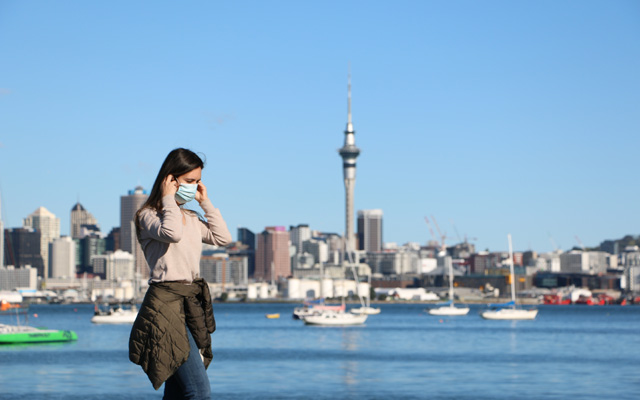
New Zealand will be reopening its borders to New Zealanders and key visa holders over the coming three months, with a full border reopening targeted for October 2022.
Starting from 23.59 on February 27, vaccinated New Zealanders and other eligible travellers from Australia will be allowed to enter without having to go through managed isolation and quarantine (MIQ).

Two weeks later from 23.59 on March 13, New Zealanders and other eligible travellers under the current border settings from the rest of the world will be able to enter.
This includes skilled workers earning at least 1.5 times the median wage, as well as successful Working Holiday Scheme visa applicants. This move will supply urgently needed workers for the tourism, hospitality, wine and horticultural sectors, as well as provide some visitor spending.
Next, from 23.59 on April 12, borders will be open to current offshore temporary visa holders, who can still meet the relevant visa requirements, and visas for critical workforce individuals that do not meet the 1.5 times median wage requirement.
By July 2022, the New Zealand government is planning to open its borders to anyone from Australia, as well as for countries with visa-waiver travel. The final step in the reopening plan is planned for October 2022, when borders open to travellers globally, and all visa categories made available.
However, while the announcement on border openings is an optimistic step forward, it will not revive New Zealand’s hard-hit business events industry unless there’s a radical change to isolation requirements, noted Business Events Industry Aotearoa (BEIA)’s chief executive Lisa Hopkins.
She lamented: “Currently $150 million worth of business events are at risk because of international border settings.
“The reality is a business visitor will not isolate in a hotel for seven to 10 days if they are expected to attend a three-day conference. The sector will now be fielding cancellations and postponements from Australia.”
“The impact the pandemic has had on business events, major events, cruise, tourism, and hospitality has been extreme. And while we now look forward to a future with greater optimism, it will take some time to work through the past,” Hopkins said.




















